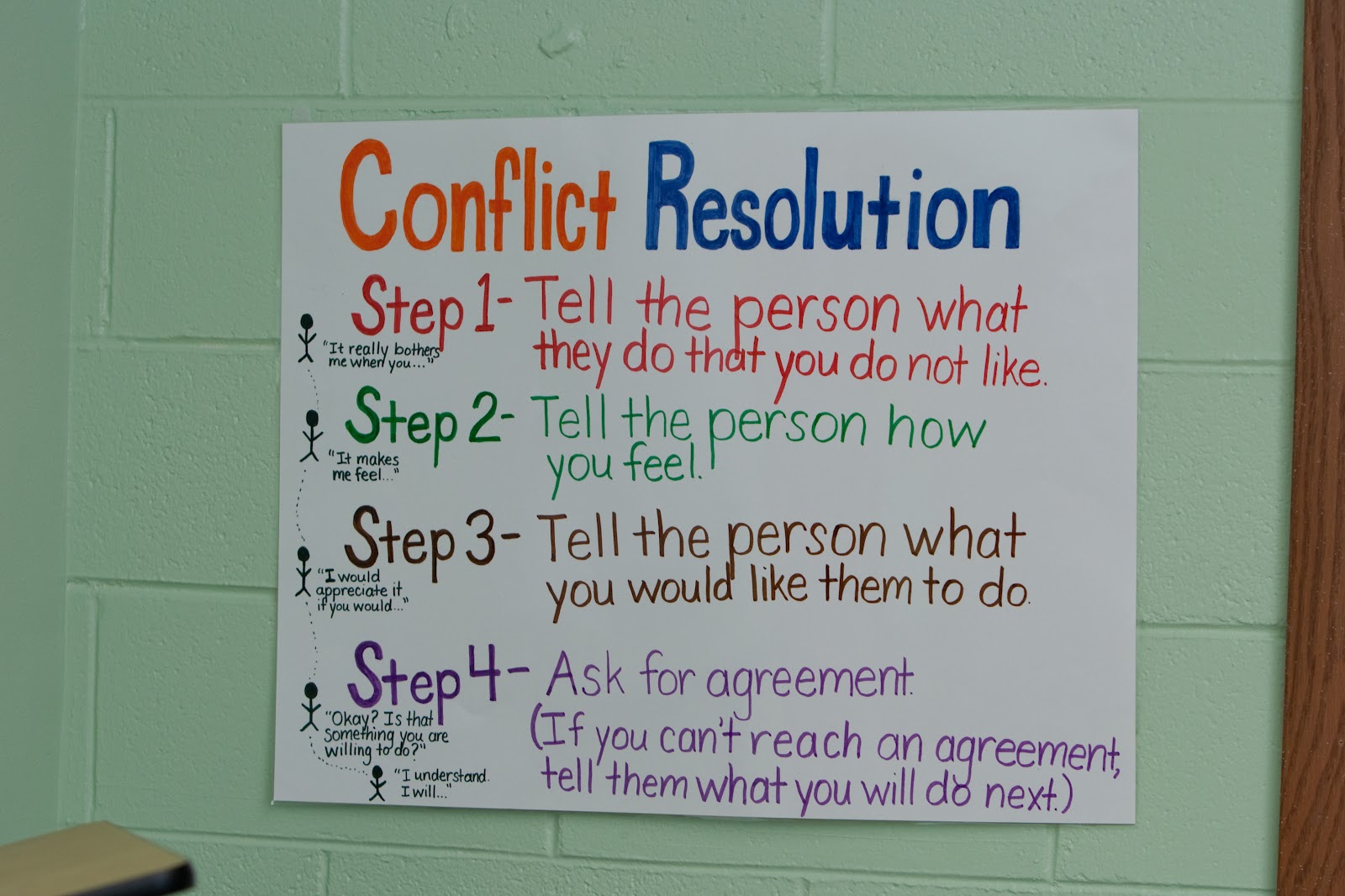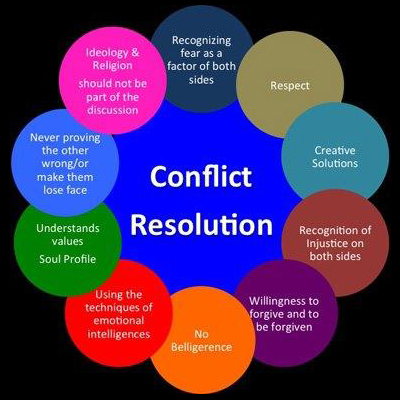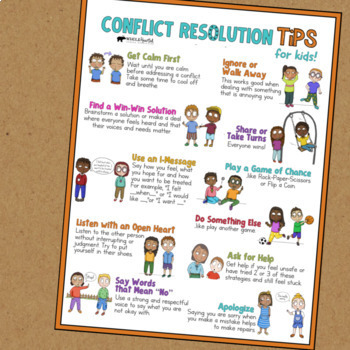


If there are conflicts, these operations will fail, and you will be prompted to accept the upstream version, prefer your version, or merge the changes manually:
P4MERGE RESOLVE CONFLICT CODE
Under distributed version control systems, such as Git and Mercurial, conflicts arise when a file you have committed locally has changes to the same lines of code as the latest upstream version and when you attempt to perform one of the following operations: pull, merge, rebase, cherry-pick, unstash, or apply patch. If the file is currently opened in the editor, the filename on the tab header is also highlighted in red. The file remains in the same changelist in the Local Changes view, but its name is highlighted in red. The conflicting file gets the Merged with conflicts status.

If you synchronize a file that already has local changes with a newer repository version committed by somebody else, a conflict occurs. The failed commit behavior is regulated by the Create changelist on failed commit list in the Version Control | Confirmation page of the Settings dialog. If you attempt to commit a file that has a newer repository version, the commit fails, and an error is displayed in the bottom right corner telling you that the file you are trying to commit is out of date.
P4MERGE RESOLVE CONFLICT UPDATE
When you try to edit a file that has a newer version on the server, WebStorm informs you about that, showing a message popup in the editor: In this case, you should update your local version before changing the file, or merge changes later. However, if the same lines were affected, your version control system cannot randomly pick one side over the other, and asks you to resolve the conflict.Ĭonflicts may also arise when merging, rebasing or cherry-picking branches. If these changes do not overlap (that is, changes were made to different lines of code), the conflicting files are merged automatically. When you work in a team, you may come across a situation when somebody commits changes to a file you are currently working on. Your feedback will help us improve.Depending on your version control system, conflicts may arise in different situations. Our goal is to make Al systems more natural and safe to interact with.

However, in many cases, workplace mediation can be a more effective and efficient way to resolve workplace disputes.ĬhatGPT Mar 14 Version. Of course, there are situations where a formal grievance process may be necessary, such as in cases of serious misconduct or illegal behavior. By resolving the issue in a collaborative and respectful manner, mediation can help ensure that the parties can continue to work together effectively in the future. It can preserve relationships: Mediation can help preserve relationships between the parties involved, which is especially important in a workplace setting where ongoing collaboration is often necessary. Mediation is typically less costly, as it is less formal and often involves fewer people.ĥ. It is less expensive: Formal grievance processes can be expensive, both in terms of time and money. This can help resolve the issue more quickly, reducing the stress and disruption that can result from a prolonged dispute.Ĥ. It is faster: Mediation can often be completed more quickly than a formal grievance process, which can drag on for months or even years. This can result in a more satisfactory outcome for both parties, as they are able to come to a solution that meets their needs.ģ. It is more collaborative: Mediation encourages the parties involved to work collaboratively to find a resolution, rather than positioning them against one another. This can help reduce the confrontational nature of the process, making it more likely that the parties involved will be willing to work together to find a mutually agreeable solution.Ģ. It can be less confrontational: Mediation provides a more informal setting than a formal grievance process. Workplace mediation is often considered preferable to formal grievance processes for a few key reasons:ġ. Tell me why workplace mediation is preferable to formal grievance processes


 0 kommentar(er)
0 kommentar(er)
